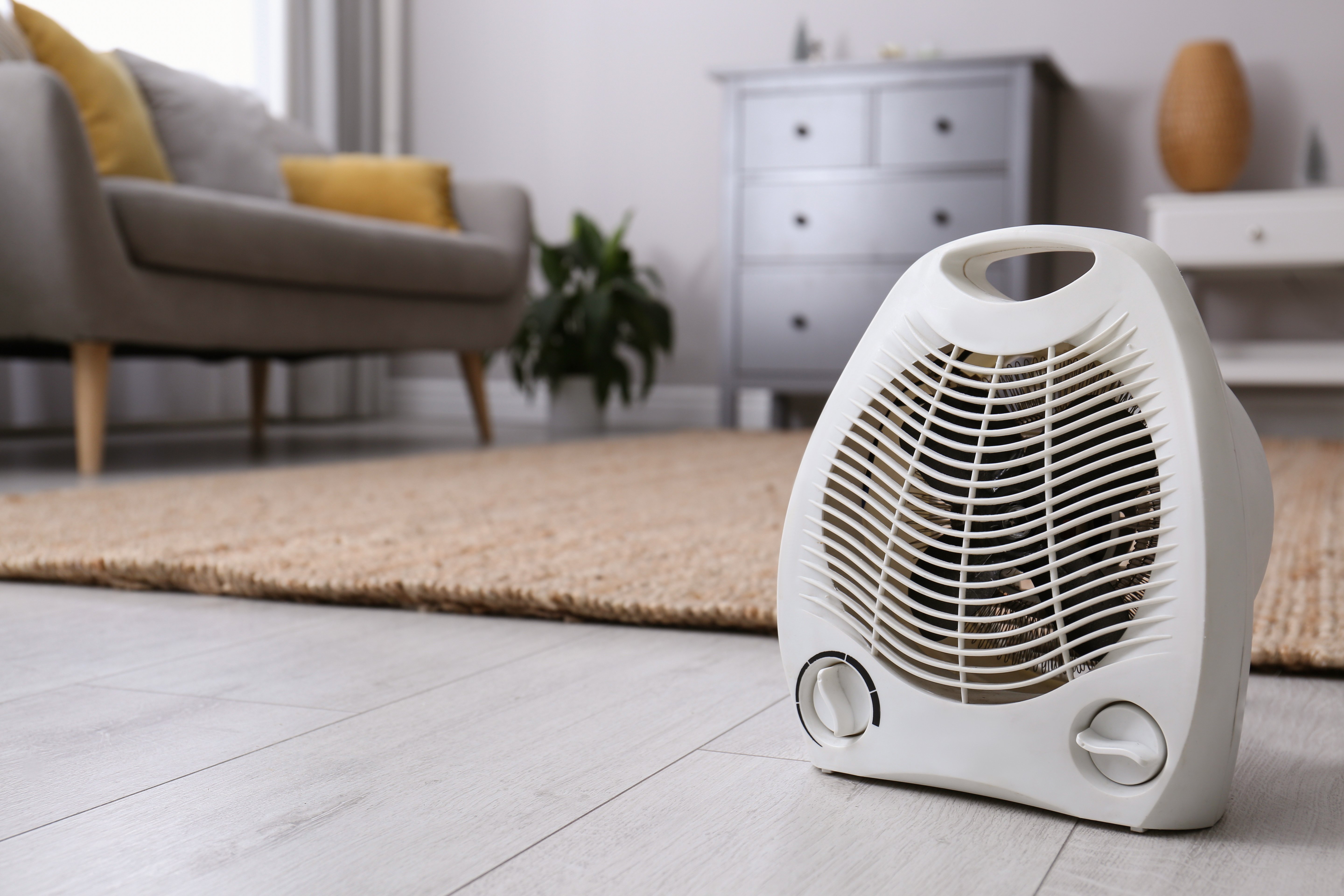Heating Safety

With the arrival of winter comes chilly weather. These months can be wonderful, especially when you have a warm place to enjoy it however with the joys of these comforts there is always precautions to be taken.
Heating equipment is one of the leading causes of home deaths.
| Portable heating equipment |
|
| Indoor fireplaces |
|
| Chimneys |
|
For more heating fire safety information visiting NFPA heating and NFPA Portable Heaters.
Contact Us
Our Customer Service Team is here to help!

